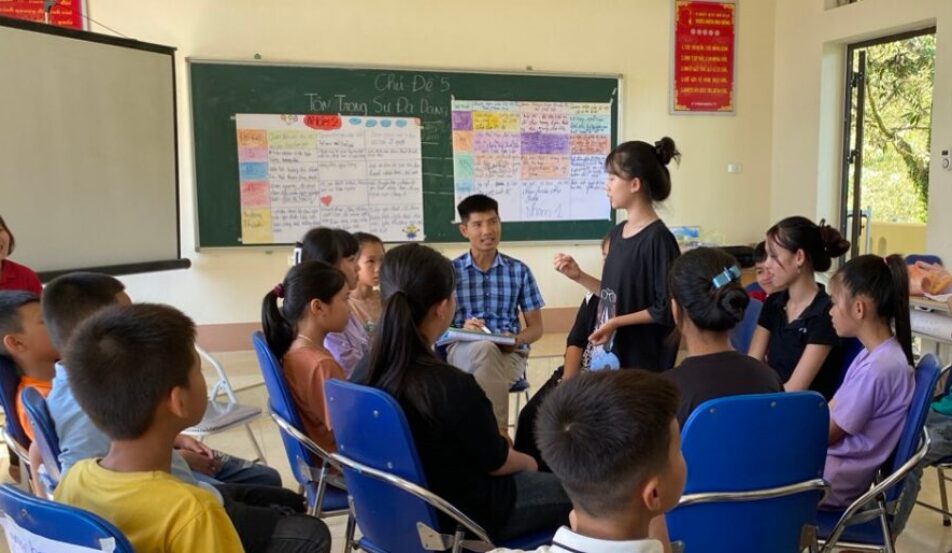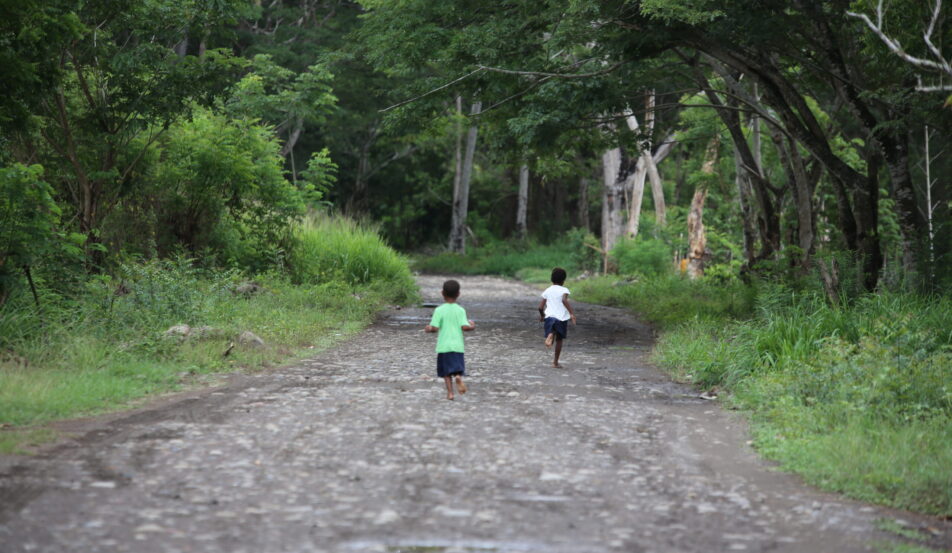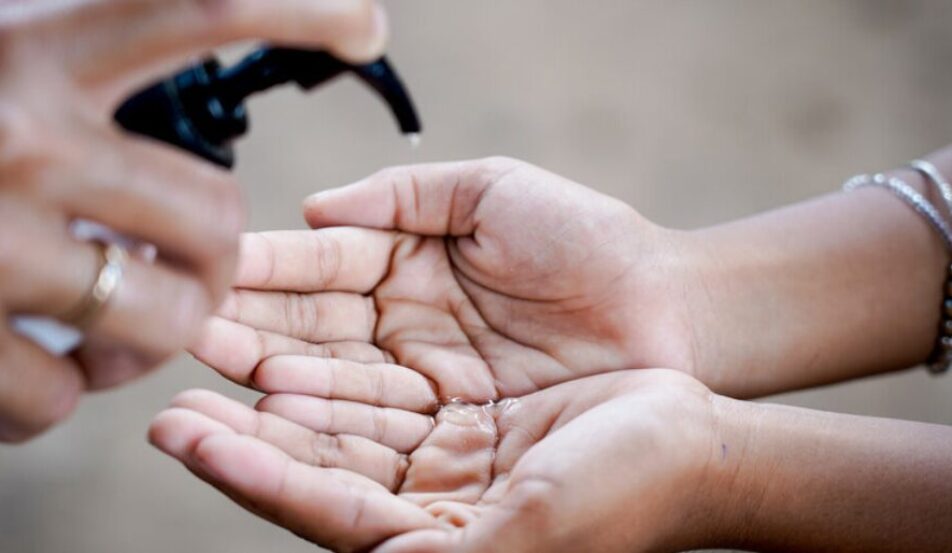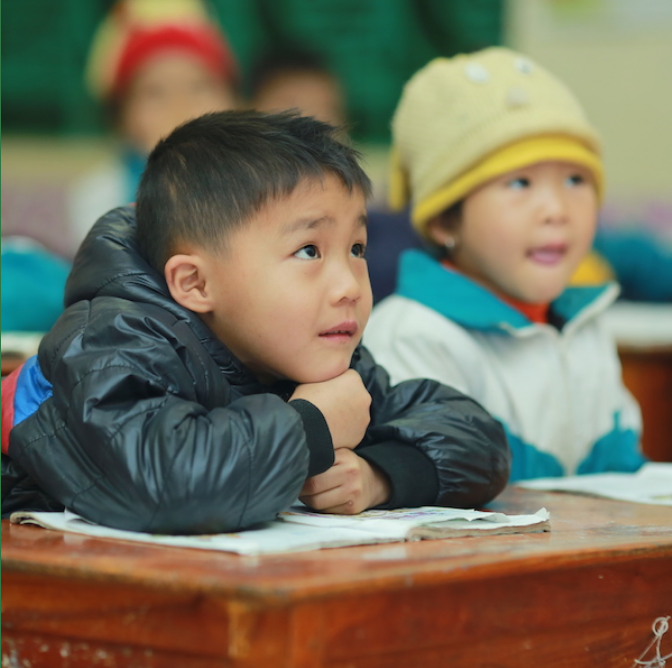How to talk to your child about vaccination
Bribery might seem like an effective strategy to get your child ready for their COVID-19 vaccine. Methods like this can backfire and create more anxiety for children, leaving parents frustrated. What if there was a simpler and more effective way? The old adage about honesty being the best policy is on the nose. By having an open and honest conversation about vaccination, children feel heard and are more likely to cooperate.
When you commit to being open about the COVID-19 vaccine for children, you can expect lots of questions. After all, children are the experts of enquiries. Listening to them and understanding their concerns can assuage their fears. Here are some helpful explainers about the COVID-19 vaccine for children under 12, to prepare your family for vaccination day.
Confront their fears
Misconceptions and myths have pervaded the roll-out of the COVID-19 vaccine for children under 12, making parents as uncertain as their kids. Confronting vaccine fears head-on is the most effective way to resolve them. By asking questions about how they feel about vaccination, you can find out which concerns about the COVID-19 vaccine for children have affected them most. Children under 12 often do not offer information without prompting from their parents, so be prepared to lead the discussion.
Some examples of questions that can shed light on children’s thoughts about vaccines include:
- What have you heard about the COVID-19 vaccine for children?
- What are your fears about getting the vaccine?
- Do you have any questions about how getting the shot feels?
Never minimise your child’s fears, no matter how irrational they may seem. Addressing each of their concerns directly and providing answers in a way that makes sense to them, can go a long way toward making them feel more comfortable getting the vaccine.
Explain why we need vaccines
Children are the masters of asking why. Even after you have given what you think might be a logical and thorough explainer, they’ll often come back with another question. One of the biggest questions children have about the COVID-19 vaccine for children under 12 is why they need it.
Storytelling with role-playing can help parents with this difficult task. Create a tale about the vaccine turning your child into a superhero, who can fight off COVID-19 germs to keep them healthy. This trick may not work with pre-teens, but you can instead appeal to their eagerness to help others. Let them know increasing vaccination rates as a society is the best way to protect ourselves and others against COVID-19.
Be sure to use positive language when explaining why the COVID-19 vaccine is important for children. Children naturally want to help, so focus on their contribution to the greater good by getting vaccinated. Tell them how much their family, friends, and other community members they interact with daily appreciate them taking this step to keep everyone safe.
Give a play-by-play of the big day
Children thrive on routine. Parents can expect kids to be curious about the COVID-19 vaccine for children and how things will unfold on the day of vaccination. Children want to hear the who, what, where, when, why, and how of it. Go through a step-by-step process to ensure children understand what to expect and what is expected of them.
Here is an example of how you can do this:
- First, we’ll check in with a helper who will sign us in. We may have to sit and wait a bit for our turn if it’s busy.
- When it’s our turn, we’ll meet the nurse, who will wash your arm to make sure there are no germs on it. The sanitiser may smell like disinfectant, but that’s OK. It just means it’s working.
- Finally, you’ll feel a small pinch when the nurse uses the needle to give you the vaccine. It’ll be quick and then over. Then you’ll get a band-aid on the injection site.
Never use the word “shot” when referring to vaccination. Rather, use terms such as vaccine or immunisation.
Talk about the side effects
Like adults, kids want to know what side effects they can experience after getting the COVID-19 vaccine for children under 12. Be honest. Let them know their arm might be sore for a few days and they may develop a fever or be tired (or both). Reassure them that allergic reactions and severe side effects are very rare. Never put your own fears about side effects into the conversation. If you’re nervous, your child will sense it and it will make them anxious.
Help children get vaccinated
COVID-19 continues to unfold in the world’s poorest places. ChildFund’s $32-million global appeal provides essential support where it is needed most. Donations to the COVID-19 Crisis Appeal help support children and their families who are most vulnerable during the pandemic.






